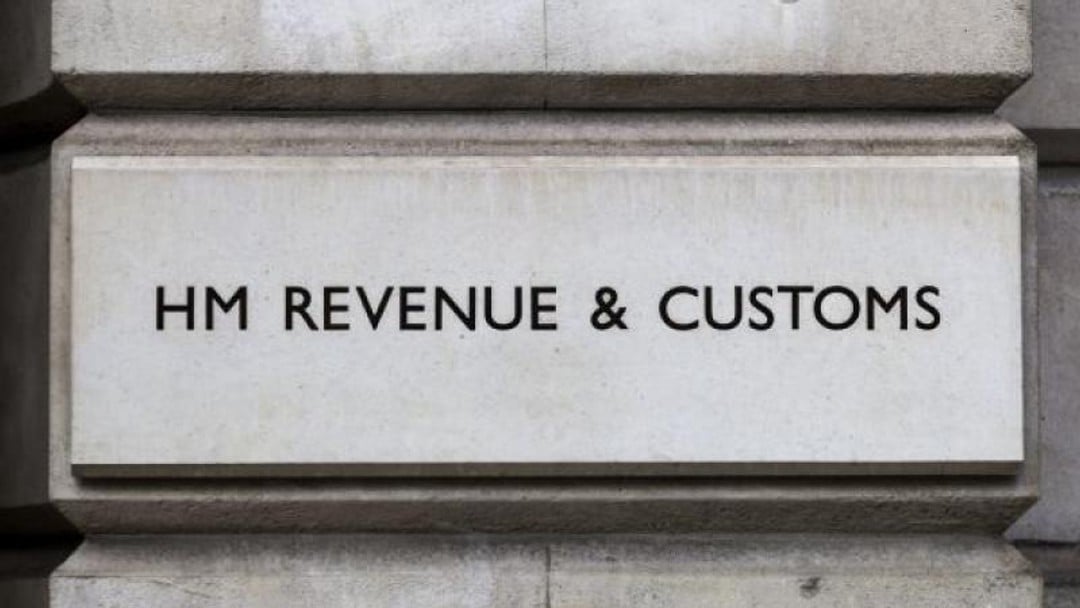HMRC presses on with non-dom tax reform despite Brexit

New tax rules likely to affect 'tens of thousands'
New tax rules likely to affect 'tens of thousands'
HMRC is pressing on with reforms to the taxation of non-doms despite objections by private client lawyers and expectations that the proposals would be put on the back burner in the wake of the Brexit vote.
In an earlier consultation last year, HMRC proposed to bring non-doms within the UK tax system two years earlier than at present. Under the proposal, a foreign national who has been resident in the UK for more than 15 - rather than 17 - out of the past 20 years will be deemed to be UK domiciled for tax purposes. This original consultation closed in November 2015.
Now HMRC is proposing to go further with new proposals to charge inheritance tax on all UK residential property owned by a non-dom through an offshore company or trust. As a result, from the 2017/18 tax year, a non-dom will be subject to income tax, capital gains tax, and inheritance tax on their worldwide income and assets.
'It's huge,' said Andrew Goldstone, a partner and the head of the tax group at Mishcon de Reya. 'Many expected the proposals to be shelved after Brexit and it's clear the government has not listened. Non-doms have had tax advantages for decades; this will disappear overnight from 5 April next year.'
Goldstone added that the proposals on property ownership via offshore companies were particularly significant. 'Ownership structure becomes transparent and the new rules will apply however long you've been here - and even if you're not in the UK. Plus it's going to make the tax position in relation to offshore trusts even more complicated - even though there remains some protection for trusts.'
Goldstone estimates the number of people affected may be in the tens of thousands. 'Nobody knows what the economic effect of the new regime will be; it's impossible to measure. But there is a risk - it's only a risk - that people will leave as a result, especially the super-rich who are internationally very mobile.'
Meanwhile, nationals with a UK domicile of origin would cease to be deemed domiciled in the UK after six years rather than three at present, or if they have acquired a non-UK domicile of choice, whichever is the later.
The consultation is open for nine weeks and comments must be submitted by 20 October 2016.
